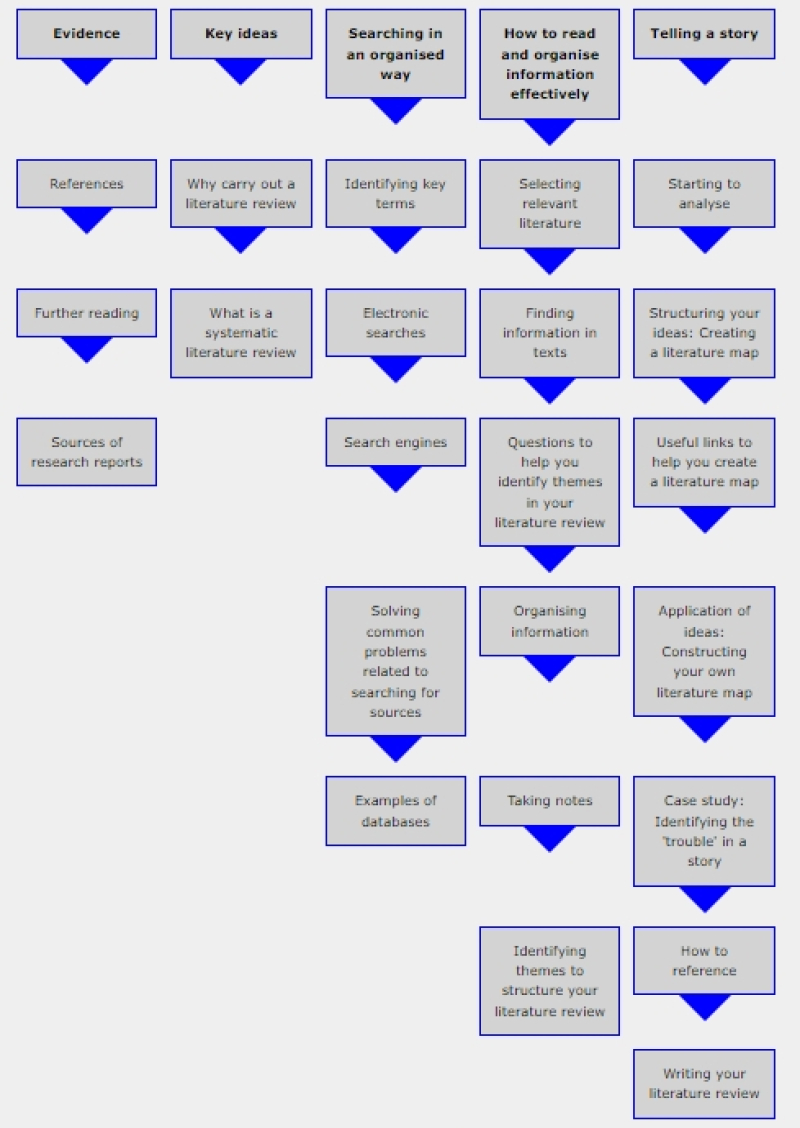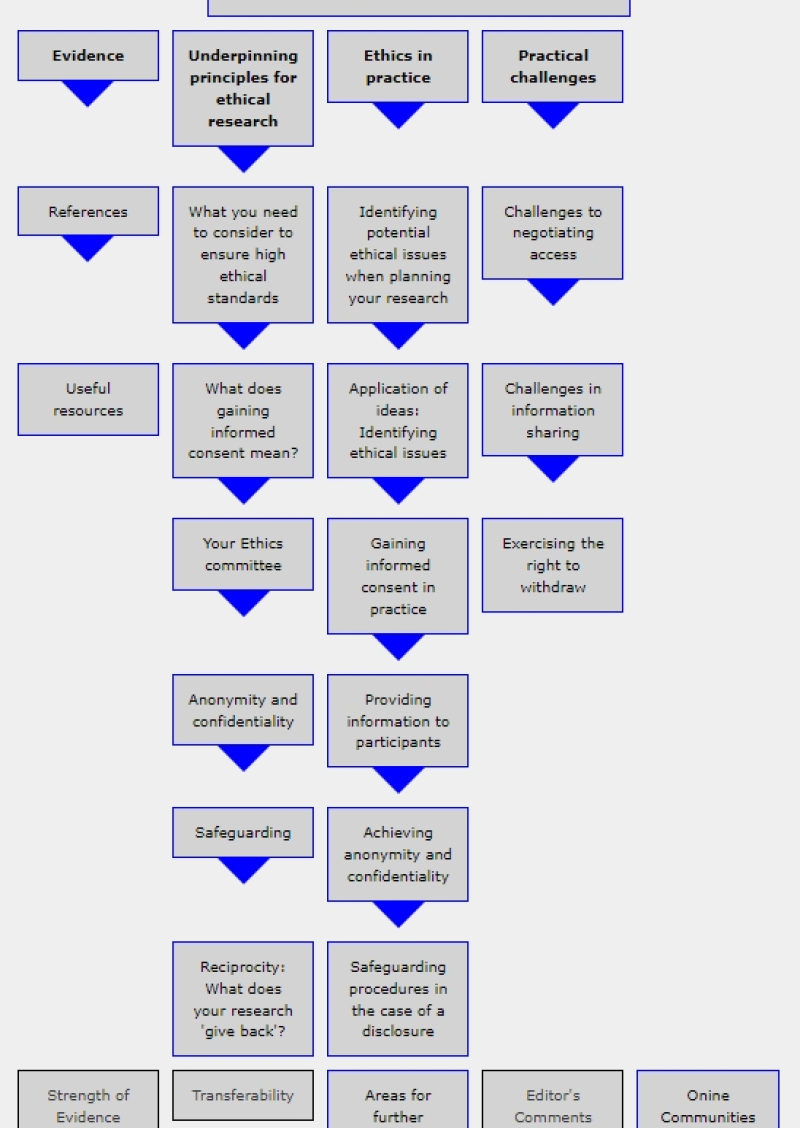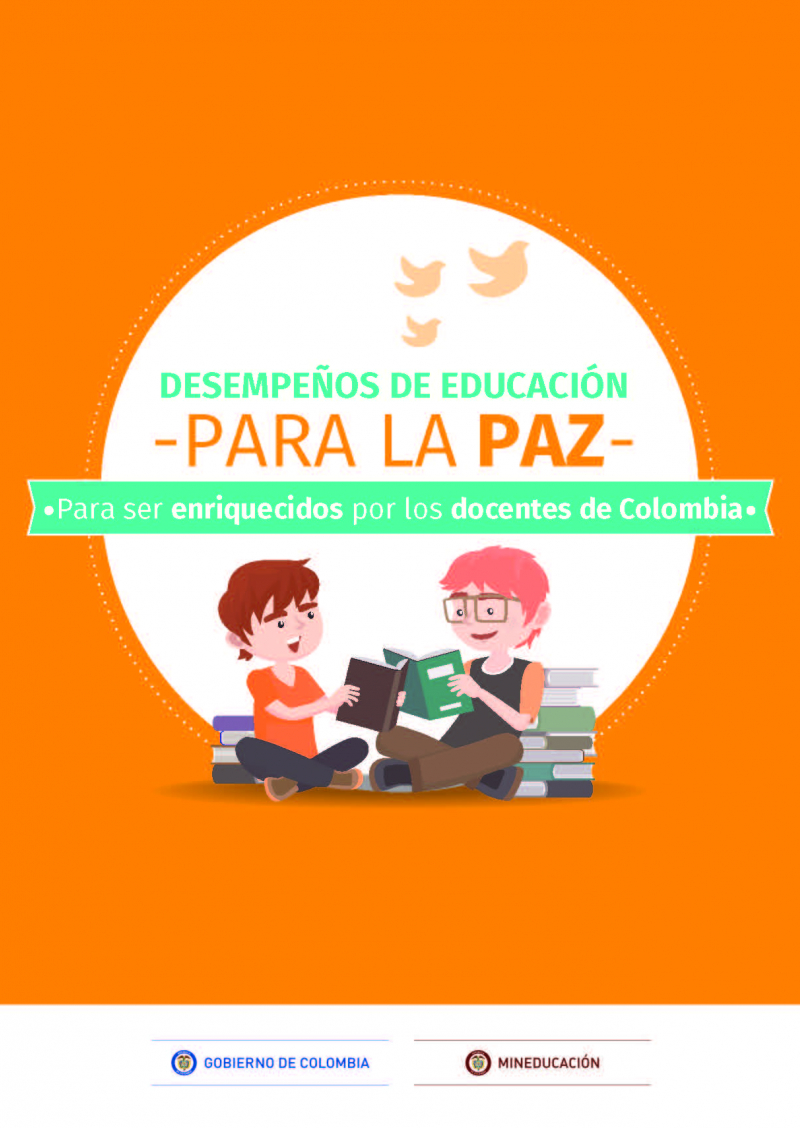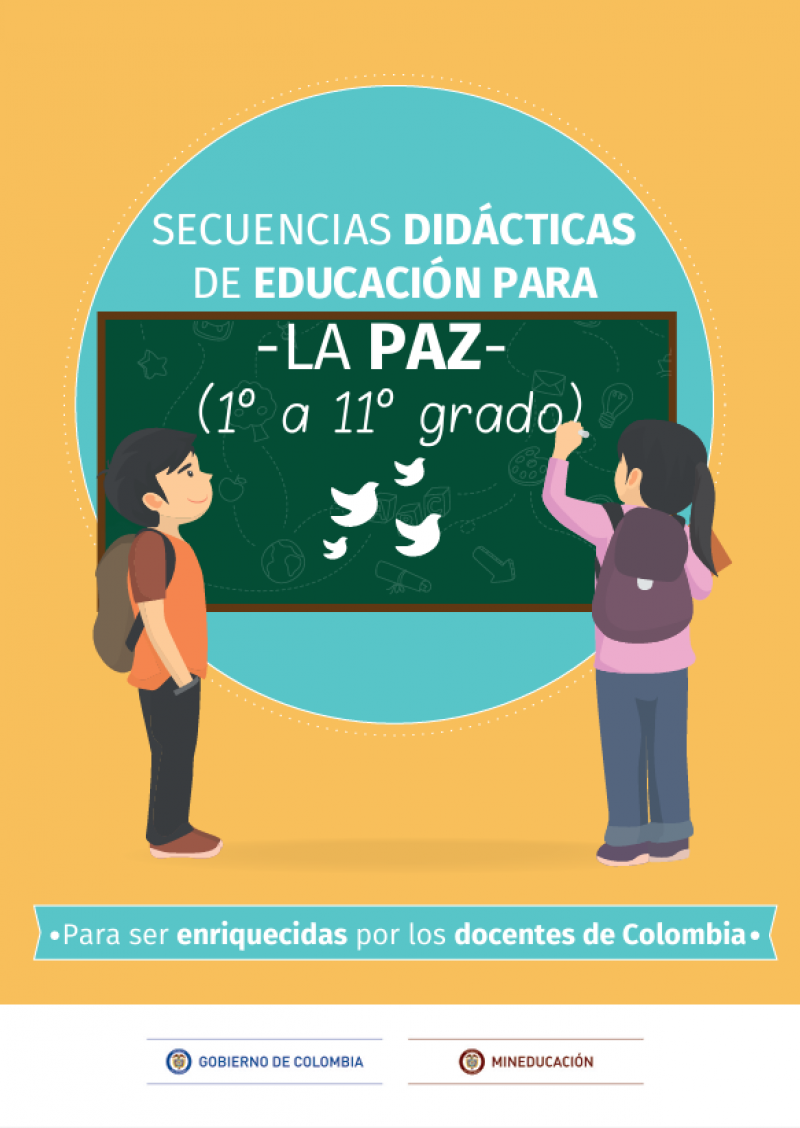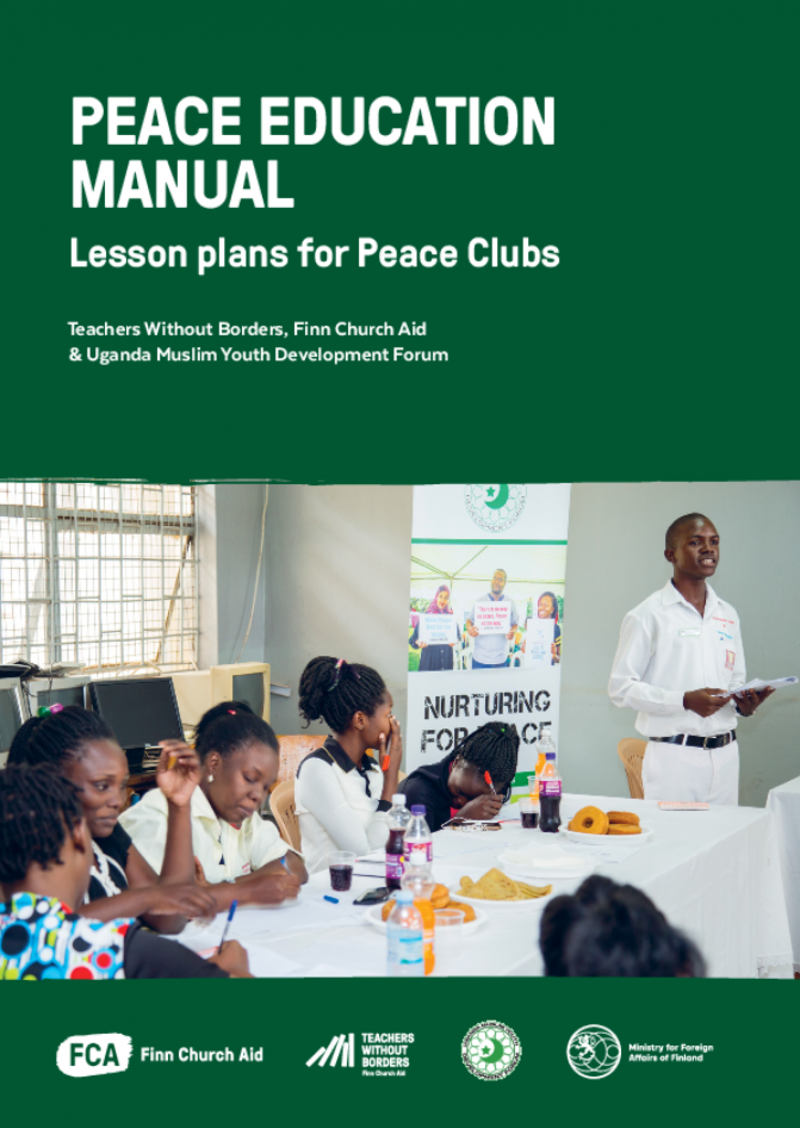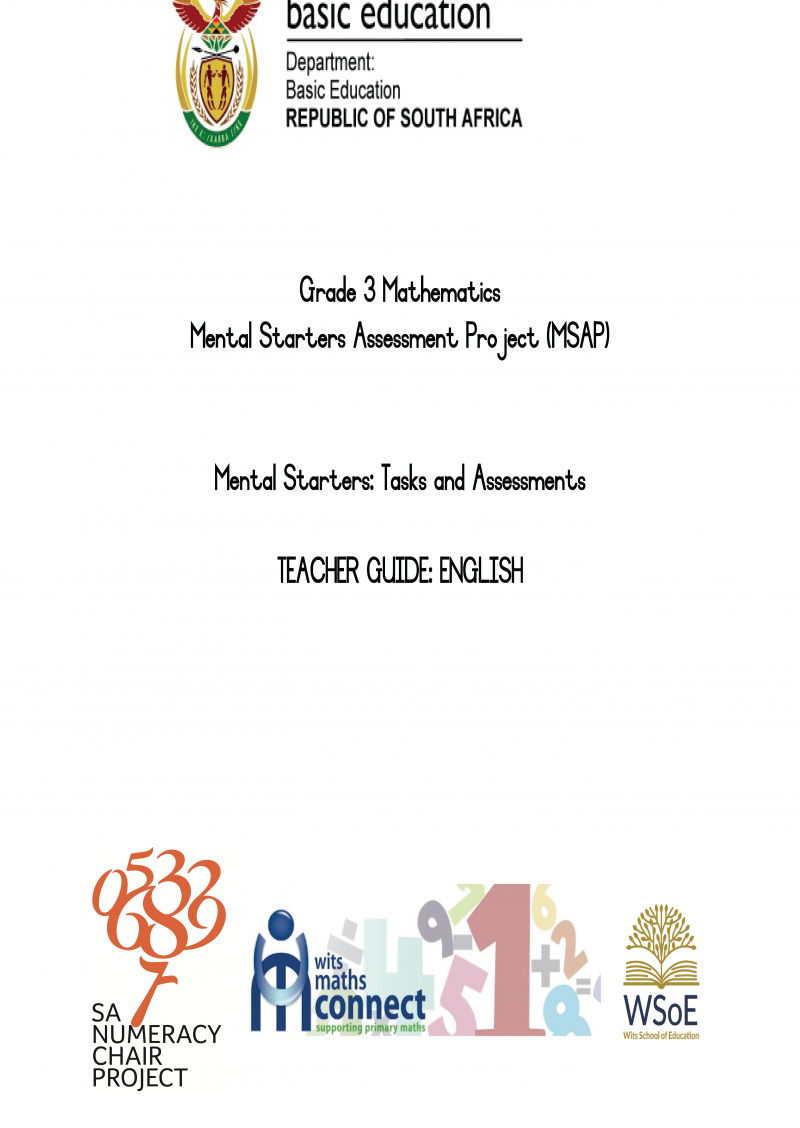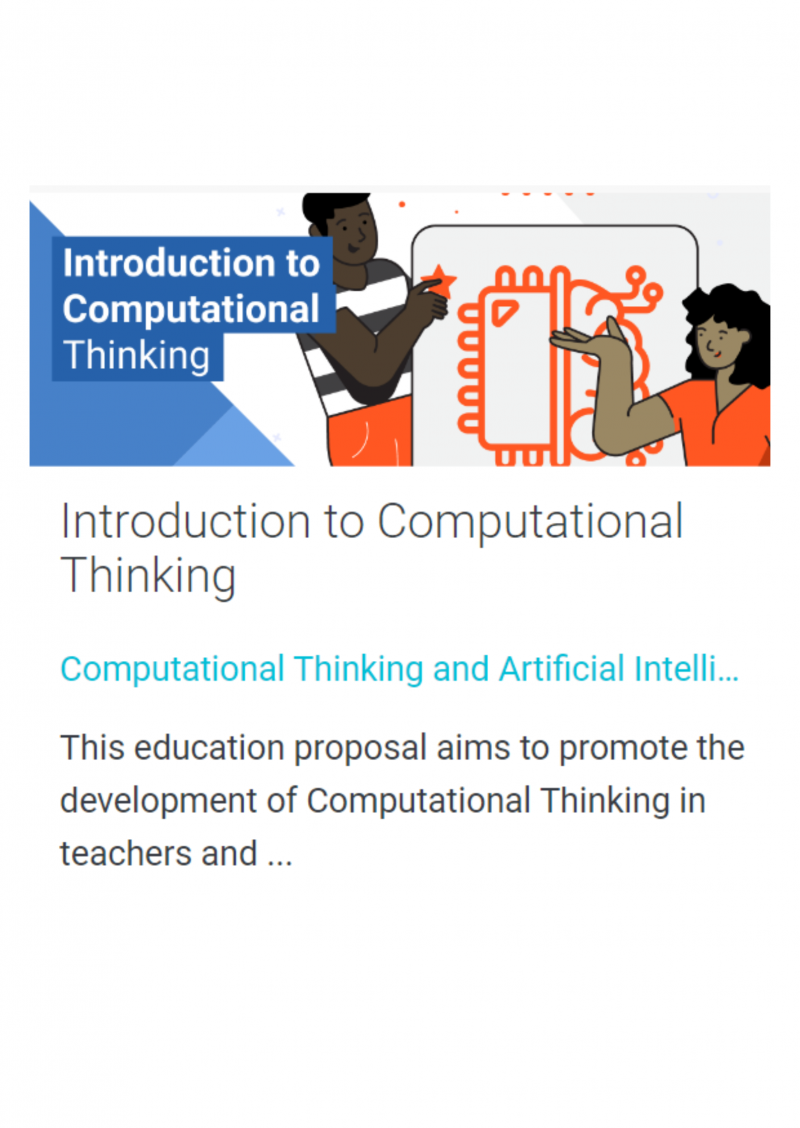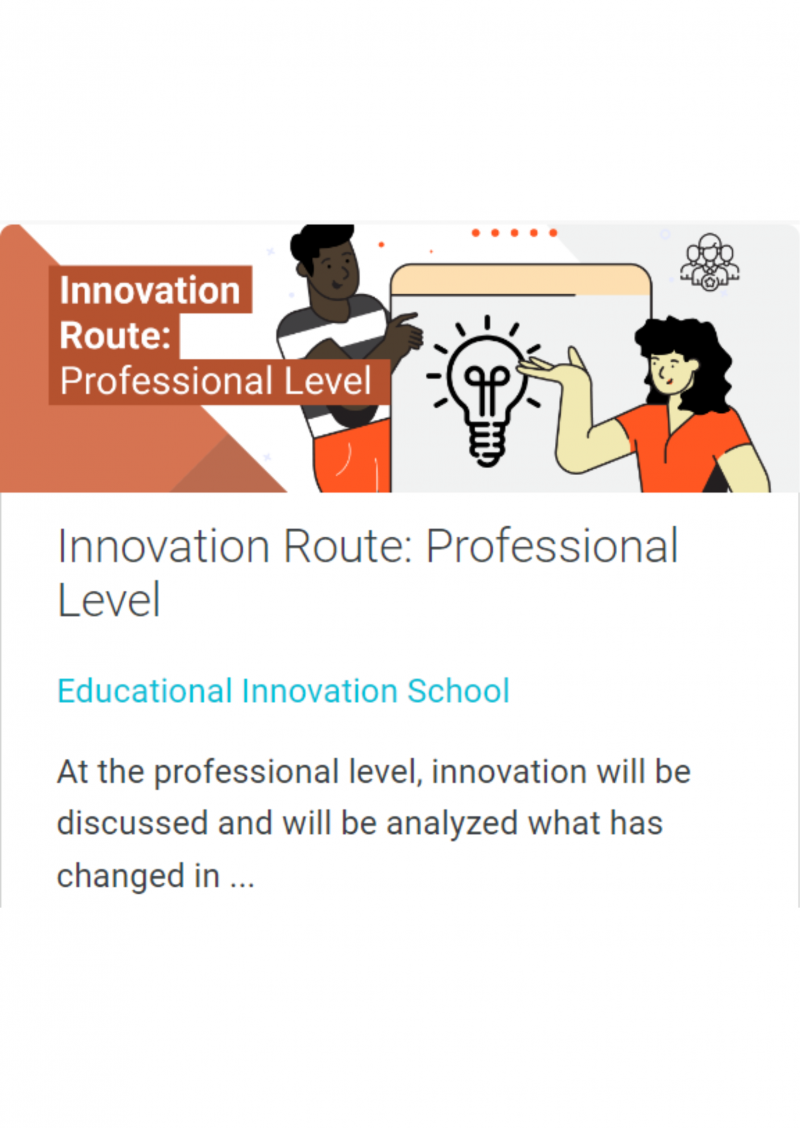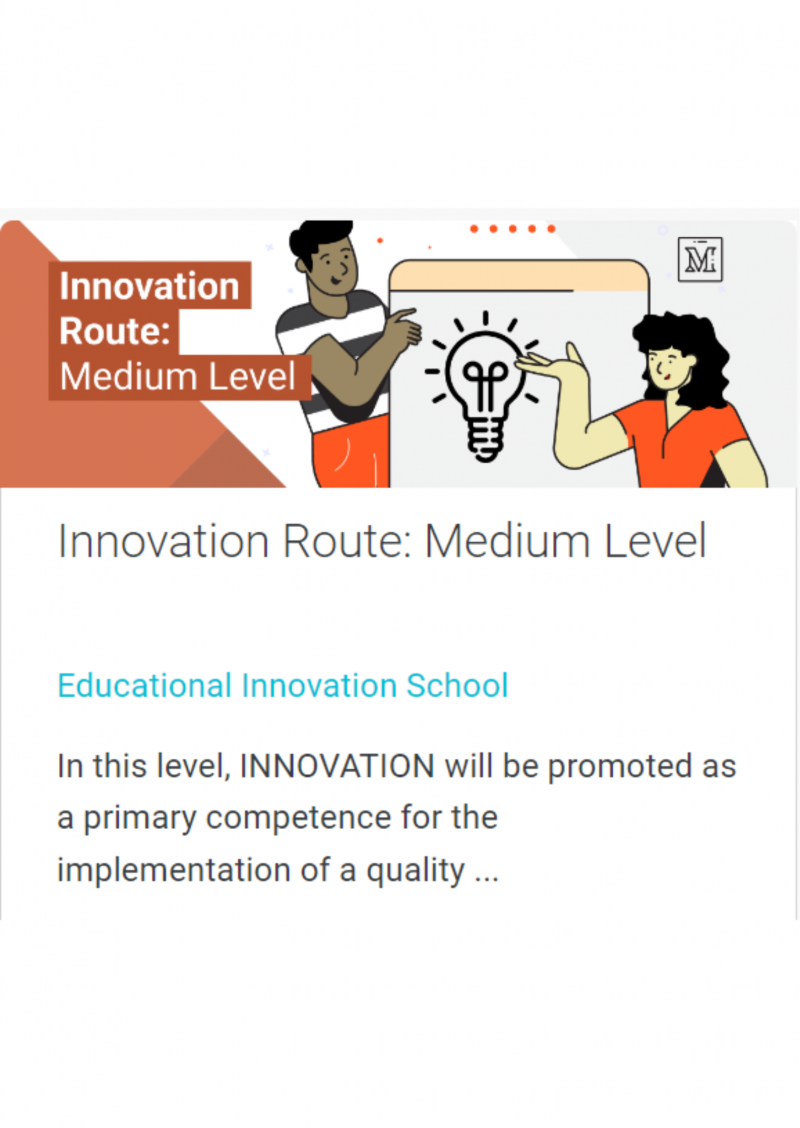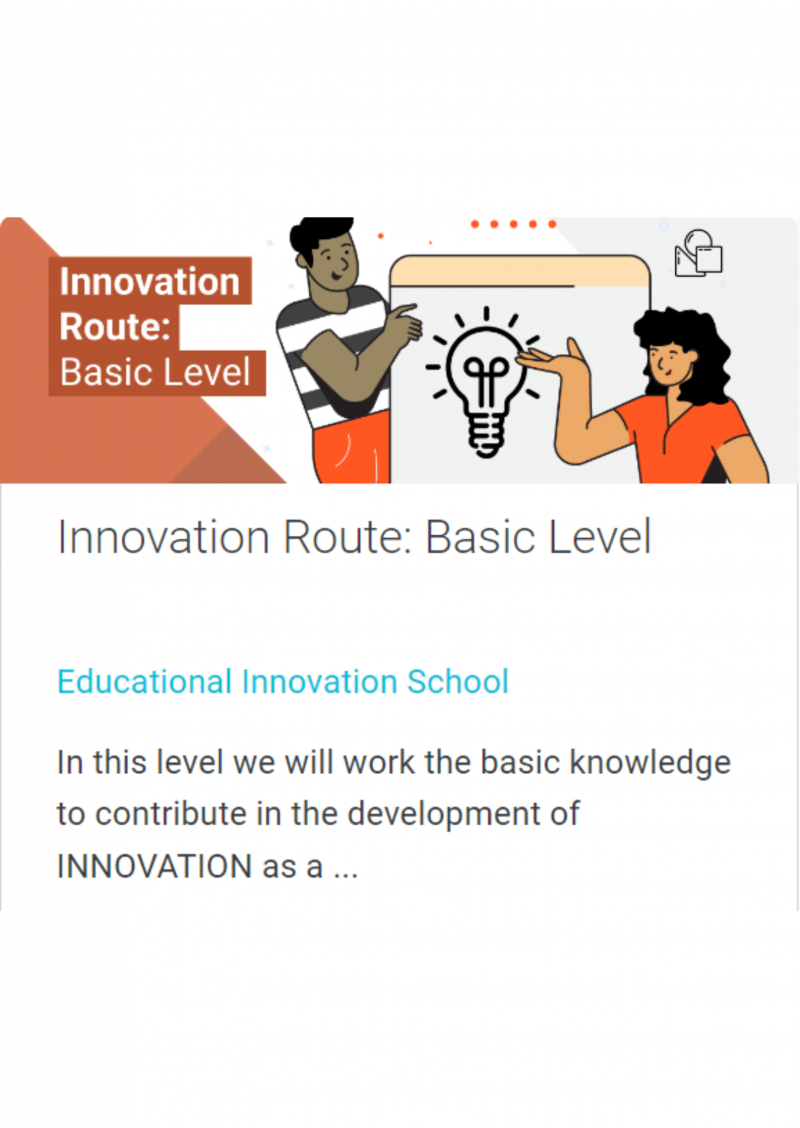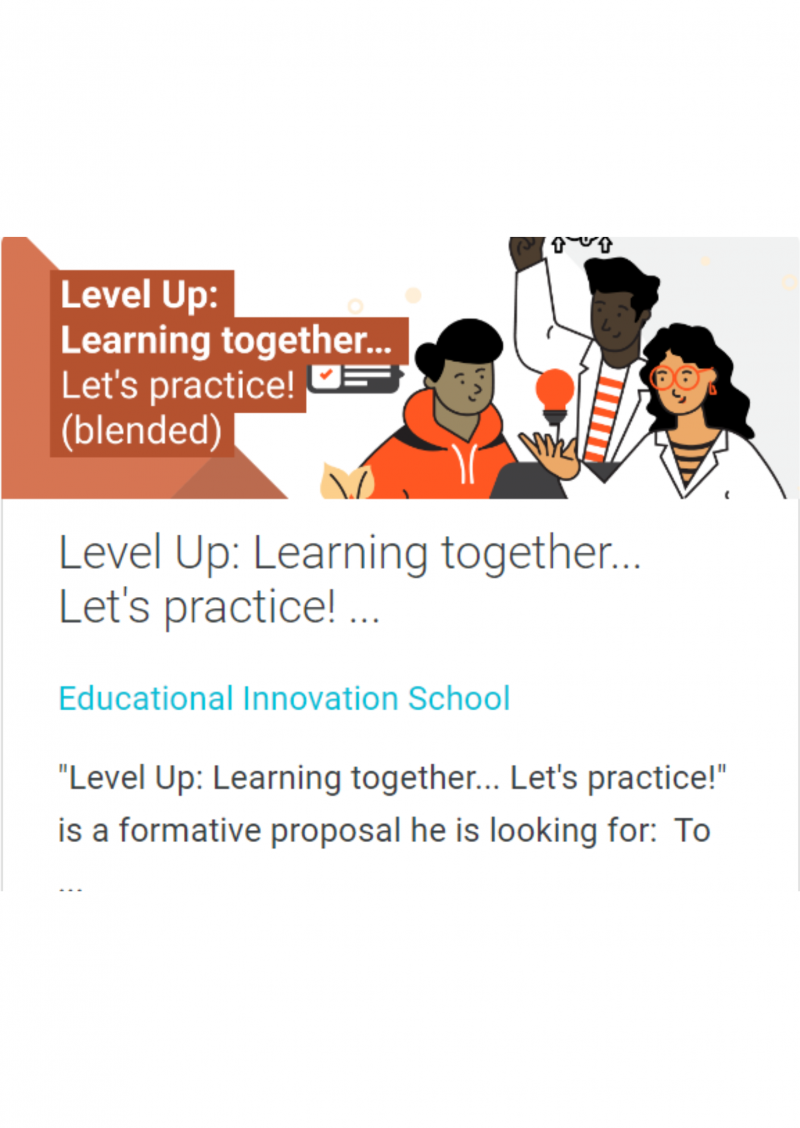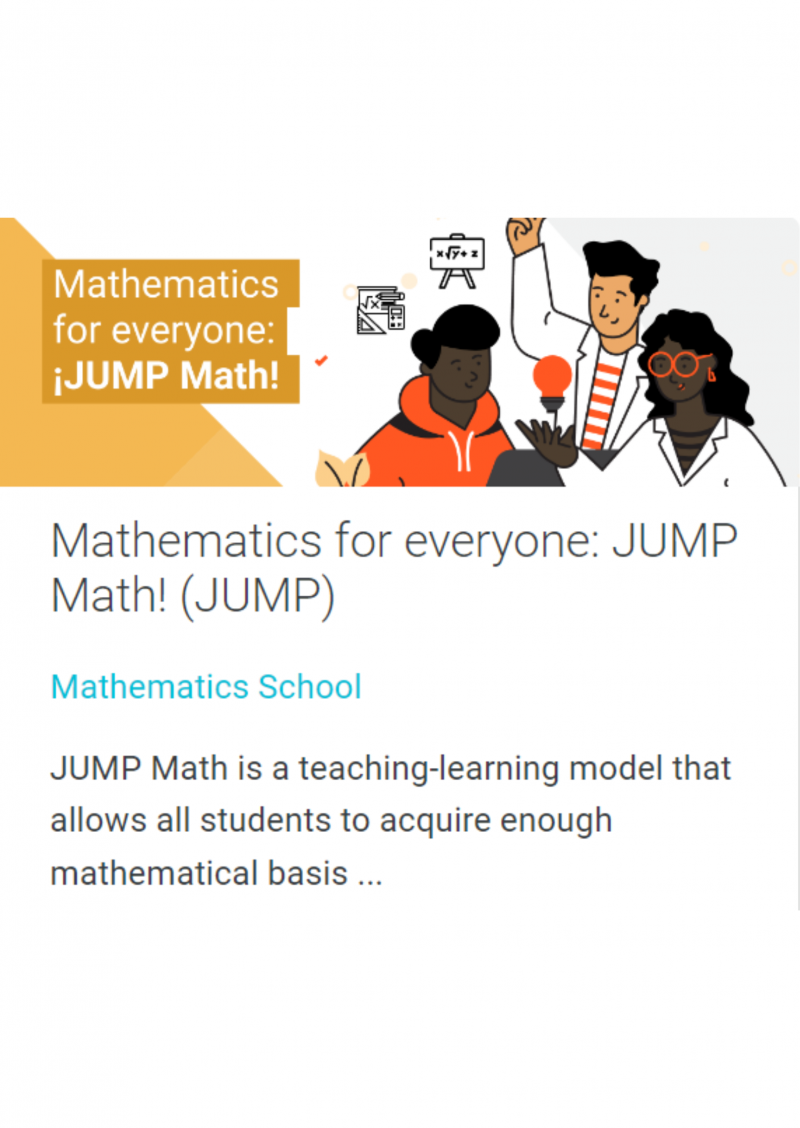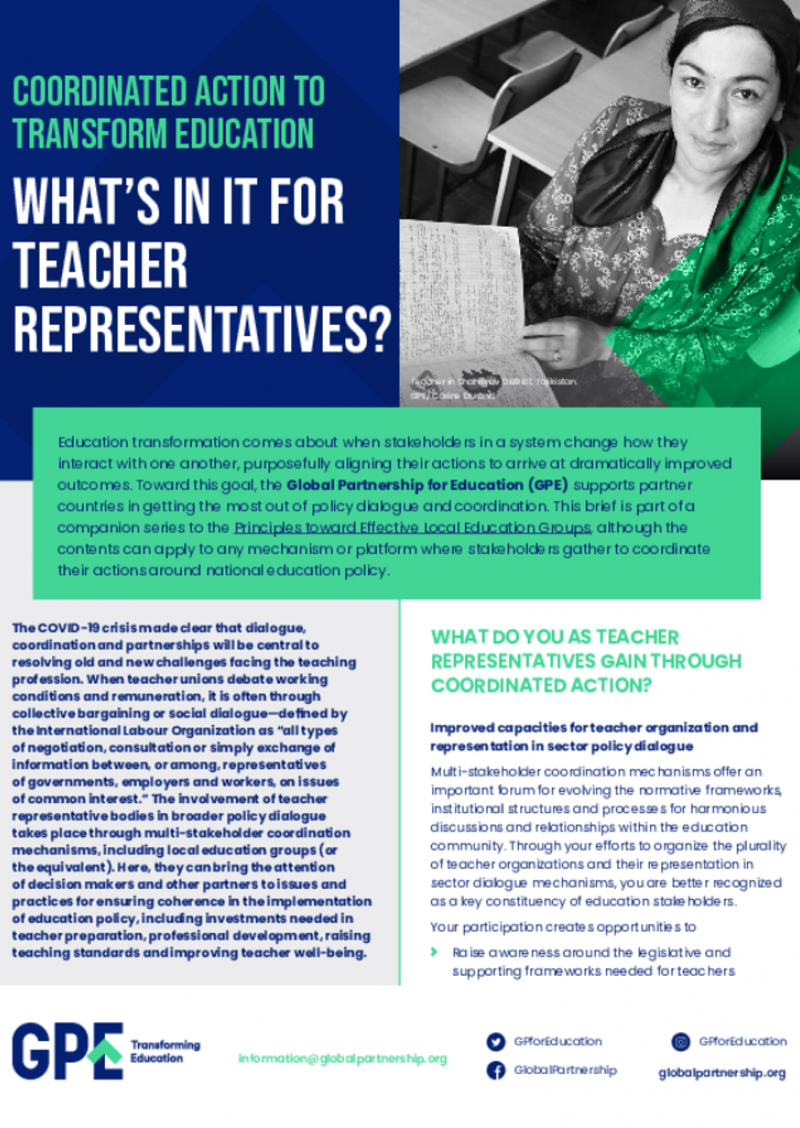Teacher Resource Centre
Displaying 61 - 80 of 103
Research Methods: Doing a literature review
This guide is designed to help teachers to:
- understand how to use other people’s writing to inform their own research;
- develop a strategy for carrying out a search of the literature;
- organise the themes logically;
- evaluate the research they read;
- think about the features of a reflective literature review and explore how to achieve this in practice
This MESHGuide draws on a range of key literature in the field of social science research. Also its design has been informed by lessons learned from the author's research, which has focused on the following areas:
- developing effective collaborative learning in science
- factors influencing learning through play in the early years
- student teachers’ engagement with research and its impact on their developing practice
- constructivist informed practice in science within initial teacher education
- creativity in learning and teaching.
Research Methods- Considering Ethics in your research
This MESHGuide draws on a range of key literature in the field of social science research ethics. It is designed to help teachers to:
- Understand the significance of ethical concerns in the research process
- Identify the nature of the ethical issues that may be of significance in the design and implementation of their research
- Develop their research design in a way that takes into account ethical considerations, so that their research is as ethical as possible
- Understand the complexity of the process of gaining informed consent and enable them to achieve this
- Reflect on the complexity of research ethics
Desempeños de educación para la paz
Este documento es una propuesta de diseños curriculares y desempeños de actividades a destinación de los docentes en el marco de la Cátedra de la Paz en Colombia. Propone actividades para alumnos desde el principio de la educación primaria, que se enfocan en el manejo de emociones y las interacciones con los demás, hasta el principio de la educación secundaria, con actividades enfocadas en competencias ciudadanas, y análisis sociohistórico. Está diseñado para ser apropiado y adaptado por los docentes.
Secuencias didácticas de educación para la paz
Este documento comisionado por el Ministerio de Educación y elaborado por universitarios propone secuencias pedagógicas en el marco de la Cátedra de La Paz en los establecimientos educativos preescolar, básica y media. Tiene como fin garantizar el fortalecimiento de una cultura de paz a través de los espacios de aprendizaje desarrollando competencias emocionales y cognitivas. Se proponen aquí algunas secuencias didácticas a disposición de los docentes para reproducir o adaptar en sus aulas.
Active Teaching and Learning Manual
The Active Teaching and Learning booklet presents the principles and practices of learner centered pedagogy as a teaching approach to achieve quality education. It is accompanied by cards on methods, techniques and tools, which provide teachers with examples and tips for classroom implementation. The booklet was developed by the Teacher Instructor Education Training department of the Ministry of Education, Science Technology and Sports of Uganda, with support from the Belgian Development Agency, in the framework of the Teacher Training and Education project.
How to use ICT tools in teaching and learning
This booklet presents a selection of ICT tools to integrate into teacher training in Uganda. Every tool is accompanied with creative ideas and suggestions on how to engage learners and enrich lessons.
Technology enhanced learning
This course is an introduction to technology enhanced teaching and learning.
General teaching methods
This course aims to get the best out of the teaching practices from pre-service teachers, in-service teachers and anyone who is eager to contribute to quality education. It has been written by the Teacher Training Education Project, implemented by Enabel and the Ministry of Education and Sports in Uganda.
Peace Education Manual. Lesson plans for Peace Clubs
This Peace Education Manual has been developed in collaboration with Finn Church Aid (FCA) Uganda, local partner Uganda Muslim Youth Development Forum (UMYDF) and Teachers Without Borders (TWB) Network Finland.
The manual was developed to strengthen the pedagogical and methodological quality of local peace clubs during the spring and summer of 2022. The contents of the manual were successfully piloted with more than 480 young people in eight lower secondary school peace clubs established and run by UMYDF with the support of FCA in Uganda. Two of the peace clubs are located in the Bidibidi Refugee Settlement, one of the largest refugee settlements in the world.
The material consists of 34 lessons plans and is primarily aimed for young people. The different sections and activities of the material can be used flexibly in training, clubs, or, for example, as individual lessons on peace building, socio-emotional skills, conflict resolution or cooperation skills. The exercises are functional, learner-centered and emphasize active participation of youth. The material is adaptable for use anywhere in the world.
FCA and UMYDF have been working together since 2016 in Uganda to promote the positive role of youth in conflict prevention and peacebuilding. In our work, peace education is defined as a holistic, multidisciplinary and transformative process that seeks to develop capacities that promote non-violent conflict resolution, respect for human rights and active participation.
Mathematics lesson starters for Grade 3 learners
A set of teacher guides containing each 6 Mental Mathematics Lesson Starter units for Grade 3 learners, in alignment with the South African curriculum. A different calculation strategy is in focus in each unit. These calculation strategies are taken from the curriculum. Each unit covers a particular group of connected skills, and the aim is to move learners on from counting in ones on their fingers or with tally marks on paper.
Each unit is three weeks long; it begins and ends with a short test for the learners. Marking these tests provides information for the teacher and the learners about how much they have improved in using that particular set of skills during the three weeks. Within each unit, the focus is on three types of calculations: fluency, strategic calculating and strategic thinking.
Working through the Lesson Starters in each unit should lead to improvements in learners’ performance from the pre to post-tests. These improvements show progress in mental mathematics skills and number sense.
The guide is available in 11 official languages of South Africa.
Teacher booster videos
A series of learning videos for teachers and other actors in lifelong learning designed to boost their capacity to face the challenges of remote learning and raise awareness of the importance of key competences for all learners.It is an Open Education Resource produced under the European Training Foundation’s (ETF) Creating New Learning (CNL) initiative in close partnership with the European Commission’s Joint Research Centre.
Reset earth teaching toolkits
This toolkit provides teachers with ideas, activities, games and discussions to engage students on the issues of the ozone layer. It includes comprehensive lesson plans for the age ranges of 7-12 and 13-18 and a simulation-style game, all accessible through the education portal of the Apollo's Edition of the Reset Earth campaign.
Introduction to computational thinking
Computational thinking is the sum of a set of thought processes, skills and attitudes that will provide the opportunity for children and young people to break the existing digital and social gap.
In order to access the course it is required to sign up (for free) in ProFuturo's platform.
Innovation route: Professional level
At the professional level, innovation will be discussed and it will be analyzed what has changed in pedagogical methodologies. There will also be success stories and proposals for the application of these methodologies that aim to guide the identification of improvement points, needs and problems in the classroom.
In order to access the course it is required to sign up (for free) in ProFuturo's platform.
Innovation route: Advanced level
The goal in this proposal is to develop teacher competencies for the transformation of the educational system. It is about implementing innovation through the creative development of technological applications.
In order to access the course it is required to sign up (for free) in ProFuturo's platform.
Innovation route: Medium level
In this professional development proposal innovation will be promoted as a primary competence for the implementation of a quality teaching-learning model. At this level teachers will learn about innovative educational experiences that they will be able to implement in their own practice.
In order to access the course it is required to sign up (for free) in ProFuturo's platform.
Innovation route: Basic level
The aim of this teacher professional development proposal is to reflect on the importance of innovation and creativity in the classroom and to lay the foundations for the development of practices aimed at fostering it. In this level, innovation will be promoted as a primary competence for the implementation of a quality teaching-learning model.
In order to access the course it is required to sign up (for free) in ProFuturo's platform.
Level Up – Learning together... Let’s practice!
This training offers a series of innovative teaching practice tools and seeks to encourage collaboration between teachers.
In order to access the course it is required to sign up (for free) in ProFuturo's platform.
Mathematics for everyone: JUMP Math!
The aim of this training is to improve the teaching capabilities of primary school teachers in the area of mathematics, inspired by the philosophy and methodology of JUMP Math: a teaching-learning model that allows all students to acquire a mathematical basis sufficient to face life and professional challenges with confidence.
In order to access the course it is required to sign up (for free) in ProFuturo's platform.
Coordinated action to transform education. What's in it for teacher representatives?
This briefs presents what teacher representatives gain through coordinated action. The involvement of teacher representative bodies in broader policy dialogue takes place through multi-stakeholder coordination mechanisms, including local education groups (or the equivalent). Here, they can bring the attention of decision makers and other partners to issues and practices for ensuring coherence in the implementation of education policy, including investments needed in teacher preparation, professional development, raising teaching standards and improving teacher well-being.
